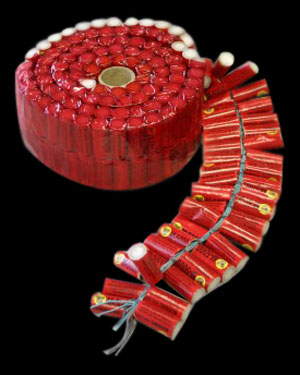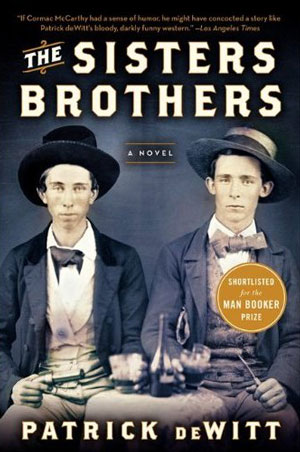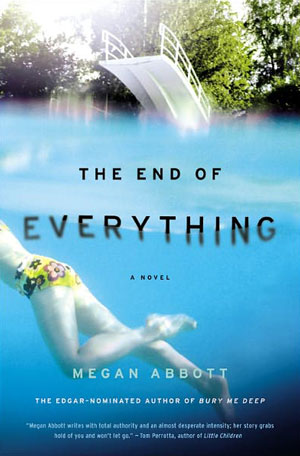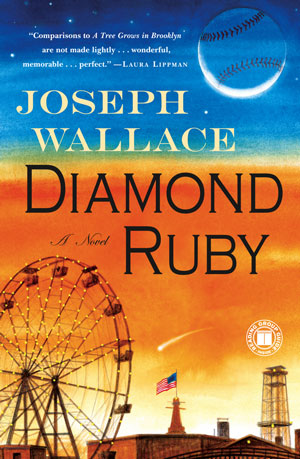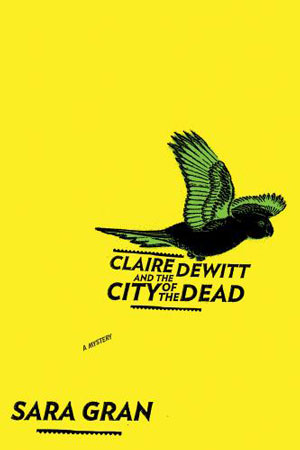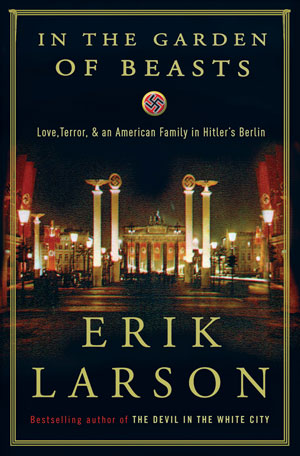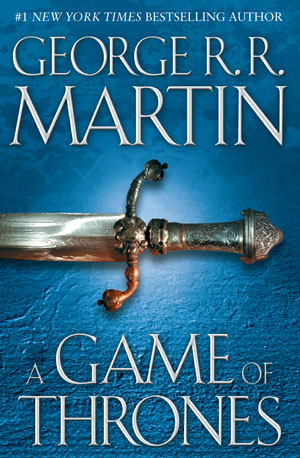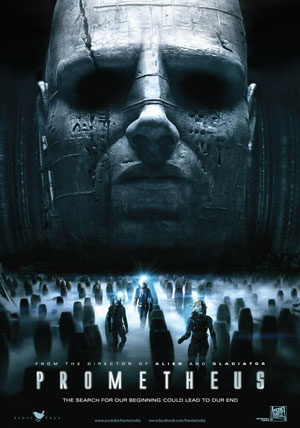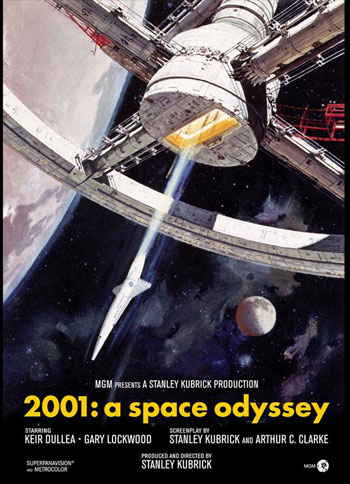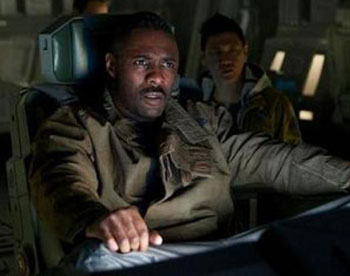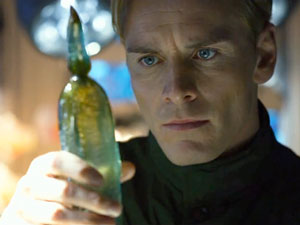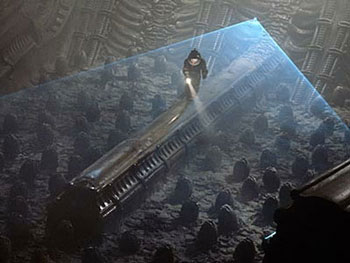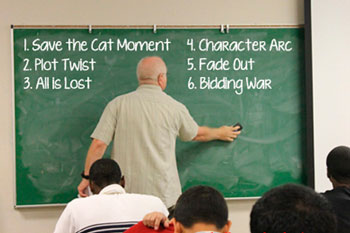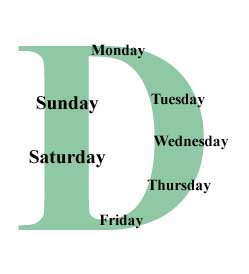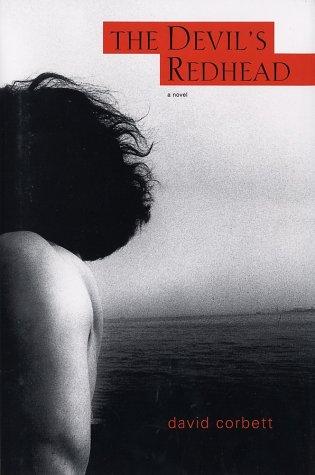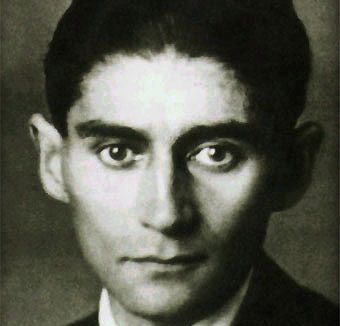Sometimes synchronicity just hits us here at Murderati – I’m so glad for P.D.’s post yesterday because I’m able to provide the flip side view today! Almost as if we planned it…
I’m sure everyone here at Murderati has noticed more and more e book posts creeping in alongside the craft ones. Personally I’m thrilled to see it; I’m always very much about being practical about craft. I think writing is a marvelous hobby, everyone can benefit from doing it, and I strongly believe just writing is just fine. But if you are going to go through the agony of writing an entire book, a real, finished book, don’t you want at least the possibility of getting it out there in the market, for others to read and experience and for you to make money for your labor?
I myself plan to get much more hardcore about about publishing and e book issues. Partly because it’s astonishing to me how many writers and aspiring writers still have so many misconceptions about e publishing – and there is a LOT of misinformation out there. (As my last workshop class knows, I was outraged enough about this to teach an impromptu e publishing seminar in the middle of our writing intensive last week!)
The fact is, a very large number of the authors I know who started out in publishing at about the same time I did (2007) have made the leap and are now e publishing directly – either exclusively so or in conjuction with traditional publishing contracts. My friends and wonderful authors Blake Crouch, Ann Voss Peterson, CJ Lyons, Elle Lothlorien, not to mention present and former ‘Rati Zoe Sharp, Brett Battles, Rob Gregory Browne, and JD Rhoades are just a few who are doing VERY well with e publishing. Friends who started even earlier are doing even better (Scott Nicholson, Diane Chamberlain, Sarah Shaber and of course Joe Konrath, whose Newbie’s Guide to Publishing is a must-read.). In a few short years, e publishing has filled retirement funds for older writers and elevated midlist authors to bestselling – or rock star! – status.
And now that I have several of my traditionally published backlist titles up as e books and the sales numbers are coming in, it’s clear to me that at least THIS YEAR, e publishing is the right choice for me.
How do I know this? Well, one of the amazing things about e publishing, for those of us who are used to the cryptic and essentially useless sales reports that we get quarterly – maybe – from our traditional publishers – is that now we can see exactly how many copies of each book we’re selling and exactly how much money we’re making per month. This is a VASTLY easier way to ensure that you’re making a real living, and it takes huge amounts of anxiety out of the process. Plus you get paid every month, instead of when your publisher gets around to it, which is a vastly easier way to keep up with the bills, if you see what I’m saying.
E publishing has made making a practical living a much more realistic proposition for authors who are not (yet) bestsellers in traditional publishing. I don’t know how long that will realistically last, whether it will get better or worse, but by now, for now, it’s unignorable.
So this month I will publish my new thriller, HUNTRESS MOON, directly as an e book.
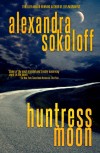
(This great cover is by our own megatalented Rob Gregory Browne!)
Lots of thought and agonizing went into this decision.
First, I know that some people who have not yet succumbed to the rapture of e readers still want to hold and touch and smell their print books and get peanut butter on them and all that. I feel you. I have a real pang about this as well. But it’s not a very realistic pang.
The book is the book, whether there’s a paper cover on it or not. And I can publish it this month and get it into the hands of thirty thousand readers in a week (Based on my numbers for Book of Shadows, The Harrowing, and The Price.) Even if I never sold ONE book after that, that exposure alone would be worth it. Because exposure sells my other books.
But based on the numbers I’ve compiled with my other books, I will sell thousands, and very quickly.
If I went through traditional channels, the book wouldn’t even hit the shelves until a year and a half from now. How can I possibly think of giving up the tens of thousands of readers I will be able to reach with this book starting NOW?
Plus, I’m already almost halfway through my first draft of the sequel to HUNTRESS MOON (this is a series, my first-ever!). I’ll be able to publish that one in the fall. No longer do authors have to hold to the glacial timetables of their publishers, or worry about the possibility of the publisher deciding not to publish at all (which has happened to several of my friends, recently).
I can have two books out this year, with a guaranteed income. What that income will ultimately be, well, I don’t know, but traditional advances are way down and, much worse than that, most publishers are demanding e rights in perpetuity in traditional contracts, which seems to me an insane thing for authors to give up in the current climate. That alone pushed me in the e publishing direction.
Please hear me. I am NOT saying this is the way to go for a never-been-published author. Be warned: it is not the Gold Rush that it was back in, oh, January – there’s a lot of competition out there. I – and the other authors I listed above – know the benefits and drawbacks of traditional publishing because we’ve lived it; there’s no Holy Grail mystique about it. To me the choice between the (waning) prestige of having a print book in stores and having an army of dedicated readers is a no-brainer. Someone who doesn’t have several years of actual sales numbers to compare and crunch is not going to be able to make the same kind of decision that I am doing, it would be much more of a leap of faith. That doesn’t mean don’t do it, it just means it’s riskier.
Also, going through the gauntlet of traditional publishing prepares an author to e publish like bootcamp prepares a soldier for war. I KNOW how much editing it takes to come up with a clean and readable book. I KNOW how much time I’ll be spending marketing, and I have some idea of how and where to do that.
But even if you haven’t had the benefit of that kind of trial by fire, you do need to know that there is an opportunity here that was never available to an author before, and that – is nothing but good news.
Now is the time. Things may change within months. But I’m not excessively worried about the current system collapsing, because no matter what happens out there, I can still write books. Or scripts. I’ve always figured out how to make a living with writing. And I’ve been doing the figuring once again, and this is how I can do it right, right now.
So first, I want to hear e publishing stories, and of course questions. Are you doing it? Thinking about it? If you’re not, what’s holding you back?
And second – I’m giving away 50 copies of HUNTRESS MOON for potential reviews (Amazon reviews are what I need the most, but am glad for any, anywhere!). You DO NOT have to review the book – I just ask that you be open to posting a short review if you are inspired to do so.
e mail me at alex AT alexandrasokoloff DOT com for a copy in whatever format.
Here’s the story!
FBI Special Agent Matthew Roarke is closing in on a bust of a major criminal organization in San Francisco when he witnesses an undercover member of his team killed right in front of him on a busy street, an accident Roarke can’t believe is coincidental. His suspicions put him on the trail of a mysterious young woman he glimpsed on the sidewalk behind his agent, who appears to have been present at each scene of a years-long string of “accidents” and murders, and who may well be that most rare of killers: a female serial.
Roarke’s hunt for her takes him across three states… while in a small coastal town, a young father and his five-year old son, both wounded from a recent divorce, encounter a lost and compelling young woman on the beach and strike up an unlikely friendship without realizing how deadly she may be.
As Roarke uncovers the shocking truth of her background, he realizes she is on a mission of her own, and must race to capture her before more blood is shed.
——————————————————————————
I am not launching the book officially until July 11, but it’s up in online stores starting today so that I can collect some reviews.
E mail me at alex AT alexandrasokoloff DOT com for a copy in whatever format.
But if you just feel like reading, or want to support me and this site, of course you can buy a copy! $3.99 on Amazon, $2.99 on Nook
A note to Nook readers – Huntress Moon will only be available for Nook for the next two weeks, after which it will be exclusive on Amazon for the next three months at least. I’m truly sorry to have to do it that way, but it’s unavoidable (read more on that here.) Also, if you’ve been waiting to grab The Harrowing, The Unseen, or The Space Between for Nook, they are up now for $2.99, again, only for a few weeks.
Thanks for reading!
– Alex


